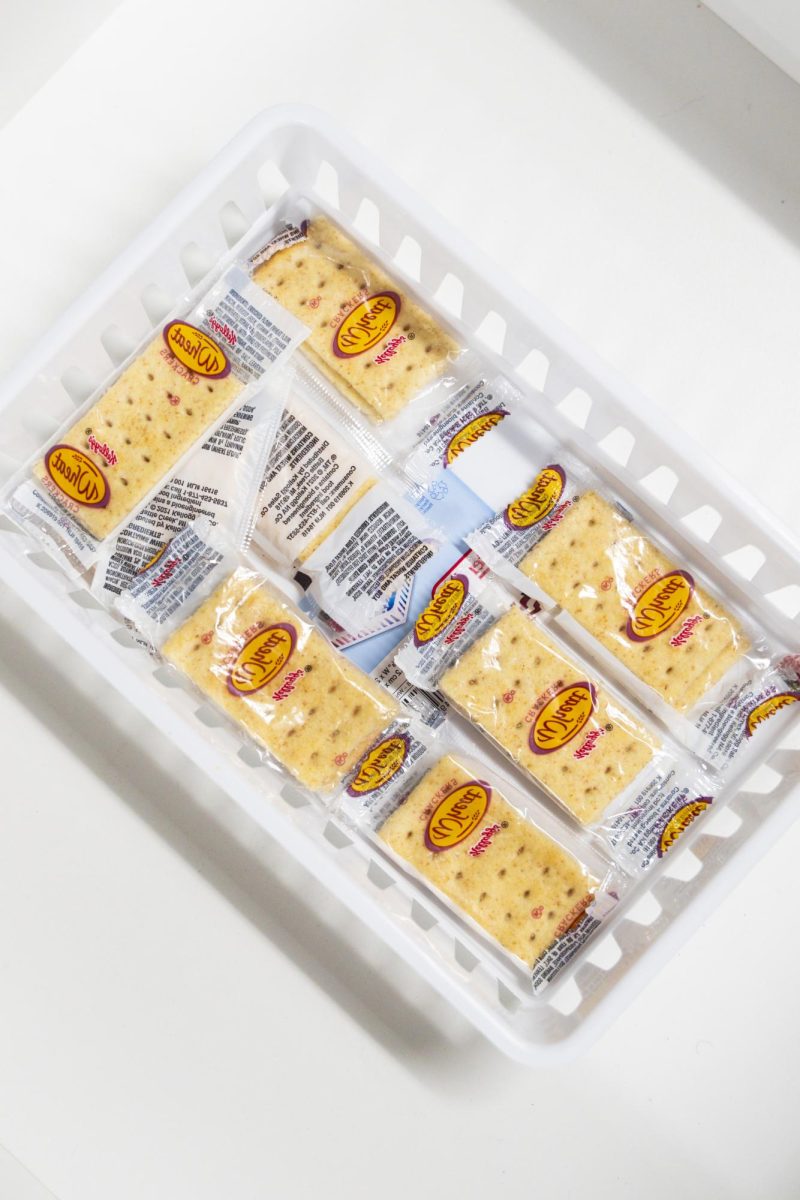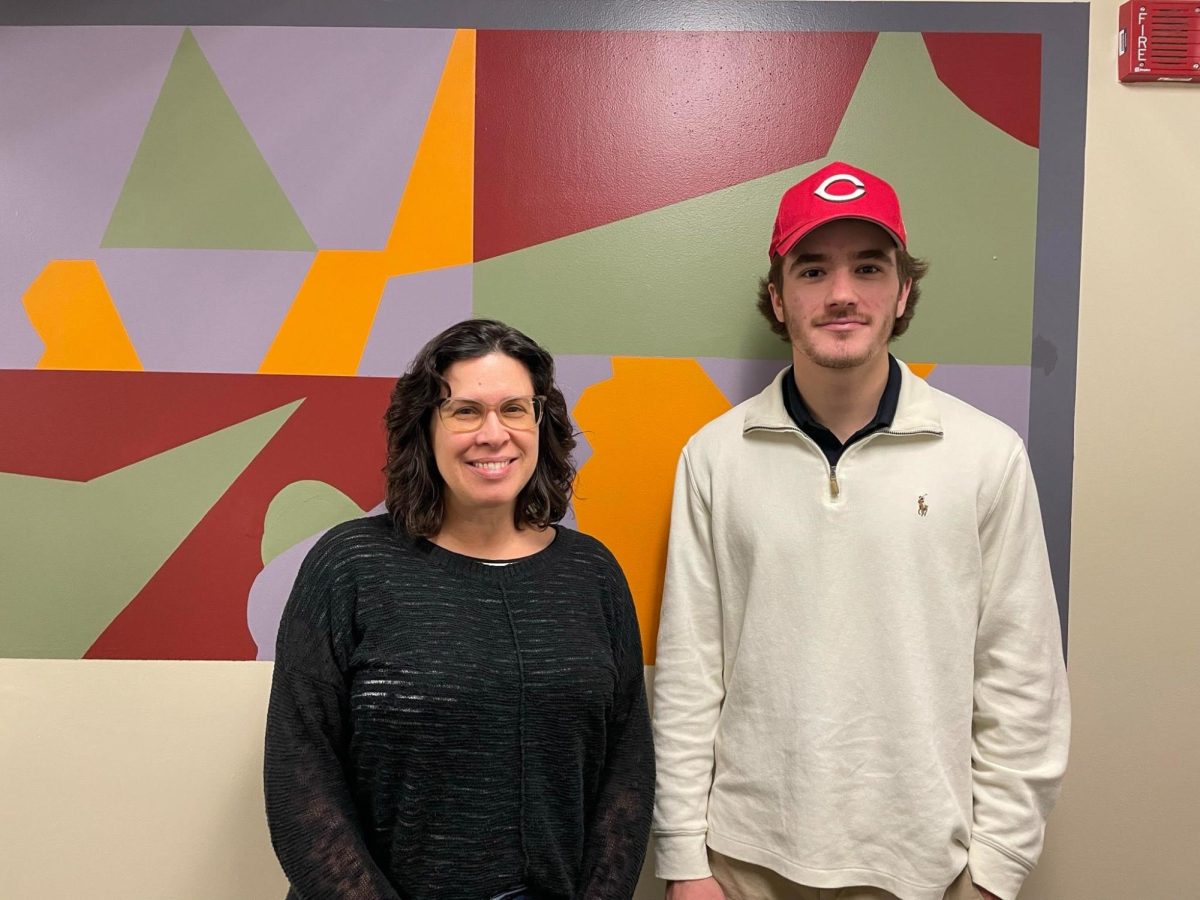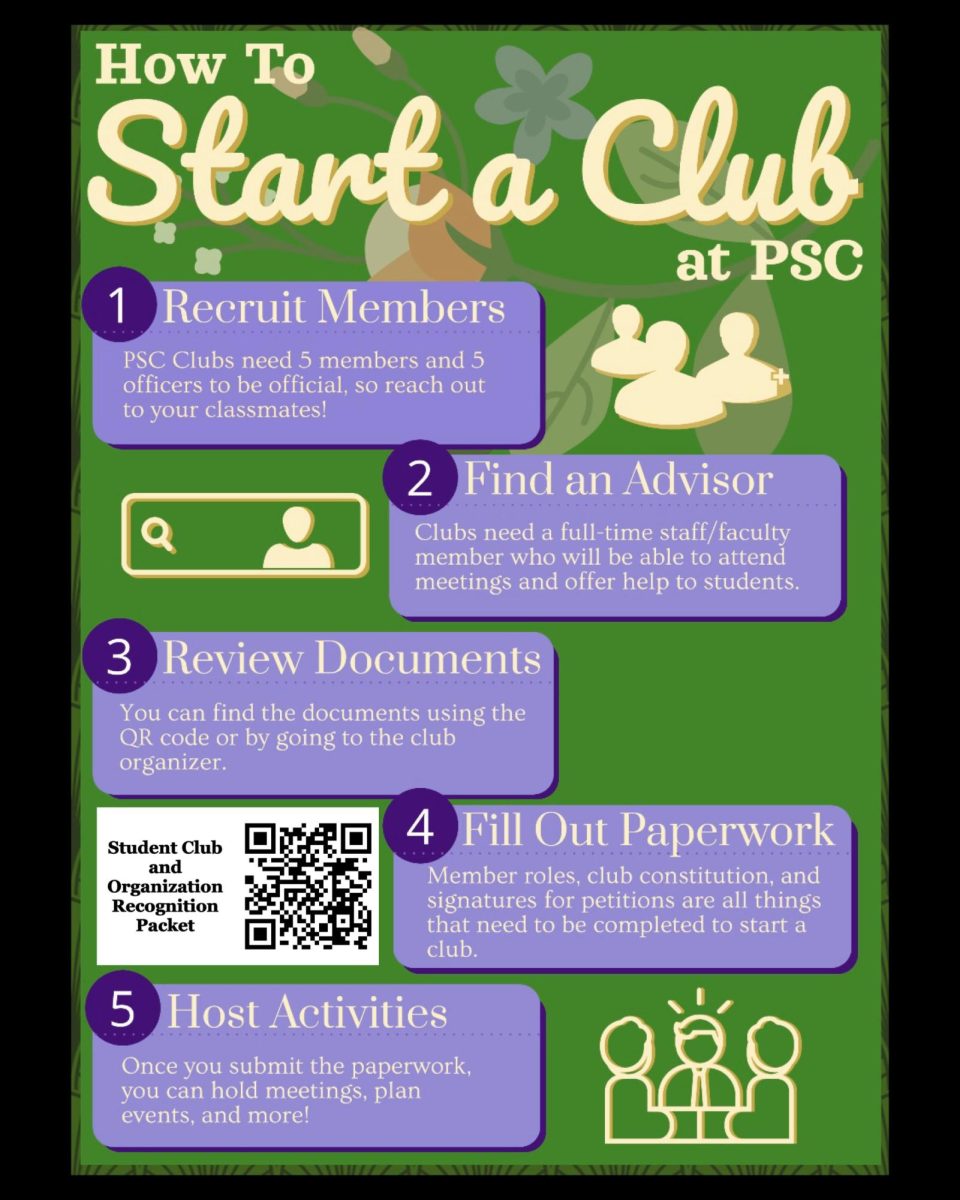Food insecurity among college students is a problem in America. According to a 2020 Temple University study, approximately 1 in 5 undergraduates nationally are food insecure. More locally, according to an Illinois demographic report, 18.4% of people who live in Chicago Heights are living in poverty; many of these people likely do not have enough money for food. Although Prairie State College has made efforts to address this issue for students by placing snack boxes around campus, the question of whether or not student hunger needs are really being met is still active.
It has been more than just a rare occurrence that students have been found looking in the mobile snack pit stops that were established around campus, just to find them empty. Every day, students can be seen checking the boxes, looking for snacks, just to be faced with the same empty result. The fact that this pattern can be seen weekly on campus, over several semesters, shows that these snack boxes are not just periodically unavailable; they are chronically empty. Dr. Cynthia Cornejo, a PSC psychology professor, confirmed this observation in an interview when she stated, “Every day I see people looking in the food pantries; whether it’s for a quick snack or if they’re hungry.”
When asked in an interview about why the mobile pit stops are chronically empty, and what accommodations and/or plans are being made to address the issue of food disparity with PSC students, Dr. Bernard Little, Vice President of Student Affairs, stated that there are plans to build a food pantry on the first floor. In the interview, Dr. Little reassured, “We’re strengthening our relationship with a food bank to tap into some of their free resources to fill our food pantry here at Prairie State.” Many have wondered why PSC has not opted to work with a food bank sooner. Additionally, it was not made clear as to why the pit-stops have been chronically empty over several semesters.












